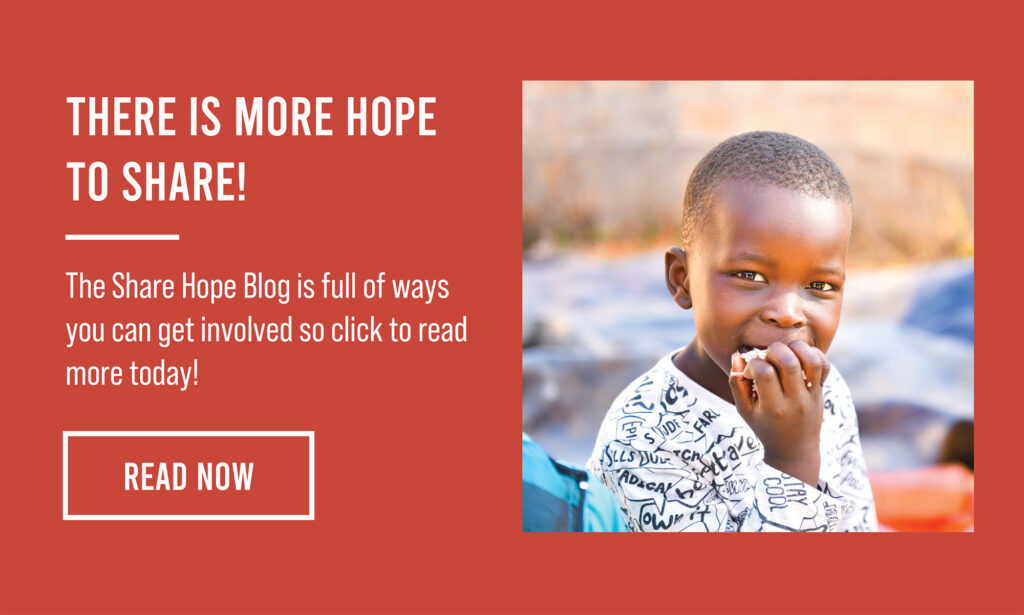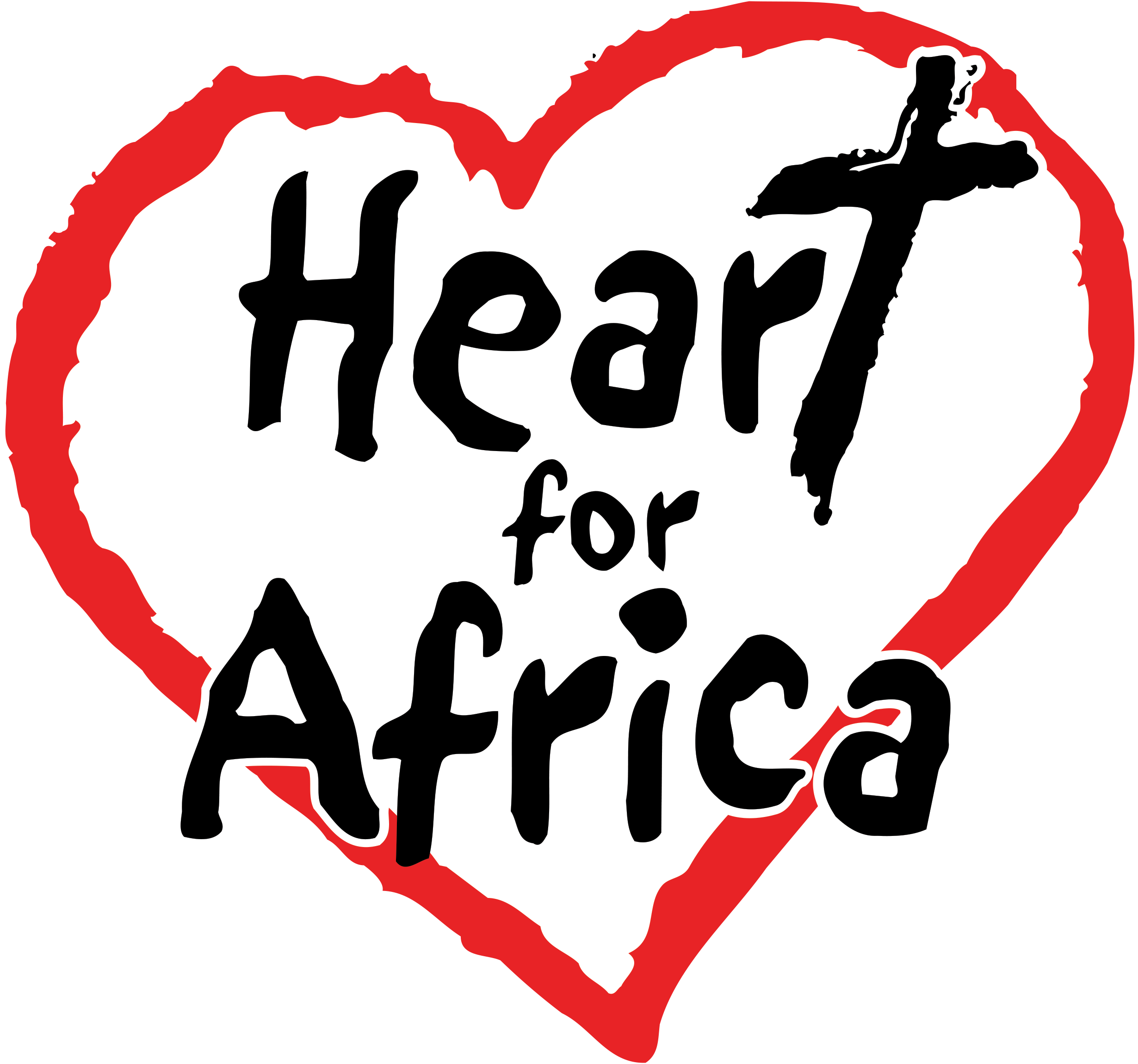3 Initiatives That Are Helping Reduce Unemployment Rates in Eswatini

From the time you’re five years old, you start dreaming about the type of job you want to have in the future. At a young age, you frequently hear people ask, “What do you want to be when you grow up?”
If you were like most children, you had big dreams. You probably wanted to be a singer, astronaut, doctor, superhero, model, movie star, professional athlete, or something else that’s fun and fulfilling.
With the right work ethic and circumstances, maybe you got the dream job you’ve always wanted. Perhaps the answer you gave all those years ago is finally a reality. If that’s the case, you should be proud. This achievement is not common.
In places like Eswatini, most people don’t have a similar story. In fact, most Swazis have a story that’s completely opposite. In this small kingdom in southern Africa, many Swazis don’t have their dream job. Even worse, they don’t have a job at all.
While the kingdom is trying to increase job opportunities, the unemployment rate in Eswatini remains high. And it’s impacting Swazis more than you may expect.
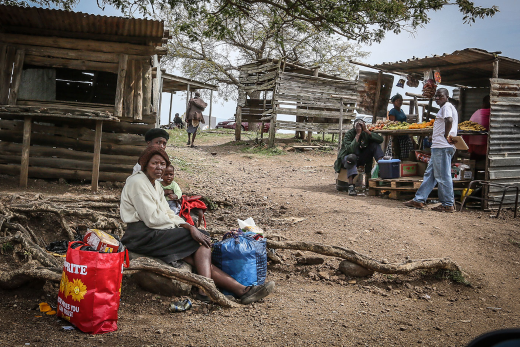
Understanding the unemployment rate in Eswatini
The unemployment rate in Eswatini has reportedly been as high as 70 percent. But the kingdom has taken steps to improve its workforce—and the leadership’s effort shows. According to Statistica, the unemployment rate has steadily declined over the years.
In 2007, the unemployment rate peaked at 28.24 percent. Seven years later, that number decreased to 24.19 percent. And today, the unemployment rate in Eswatini is 21.97 percent. This research by Statista shows that the kingdom is improving.
However, according to Investopedia, Eswatini’s unemployment rate is among the highest in the world. The media outlet estimates that in 2019 the unemployment rate in Eswatini was actually 26.5 percent. This research still indicates that the number of Swazis unemployed in Eswatini has decreased since 2007, but that reduction may not be happening as fast as Statista indicates.
There could be many reasons for this discrepancy. For example, maybe there’s a lack of current and credible information available to research organizations and media outlets. But no matter the source, the main point seems clear. The unemployment rate in Eswatini—while decreasing—is still high.
This reality is why Eswatini’s leaders and citizens continue to make unemployment a top issue. Research even suggests that 53 percent of Swazis believe that unemployment is one of the most critical problems the government should address.
The costs of unemployment
Several consequences occur when people don’t have a job, and these consequences extend well beyond unemployed individuals. The costs of unemployment affect everything. In fact, here’s a list that shows exactly how unemployment affects people, society, and countries.
1. How unemployment affects individuals
One of the obvious costs of being unemployed is the lack of financial resources that you have. Without a job, it’s hard to make money. And in Eswatini, many Swazis are experiencing poverty.
With 1.1 million people, Eswatini ranks 138th of 189 countries in the 2019 Human Development Index. Research also indicates that 58.9 percent of Eswatini’s rural population is living under the international poverty line, only making US$1.90 per day. On top of that, 20 percent of Swazis in Eswatini are considered extremely poor.
Without much money or any job opportunities, young Swazis report that their mental health is struggling. Prolonged unemployment also leads to greater pessimism and skepticism about the value of training and education. The lack of income even forces Swazis to deny educational opportunities to their children because they can’t afford it.
What’s worse is that many Swazis abandon their babies and children because they don’t have the financial means to care for them. This practice is often called “baby dumping,” and it’s leading to an orphan crisis in Eswatini.
2. How unemployment affects society
While it’s hard to calculate the costs that unemployment has on society, it’s not impossible. Researchers believe that unemployment can affect how people interact with each other.
Studies suggest that high rates of unemployment typically correlate with higher levels of crime. When people can’t find a job, it’s easy to look for money elsewhere, even if it leads to criminal activity.
Similarly, when people don’t have jobs, they look for economic opportunities in places they’d usually avoid. In Eswatini, for example, many women become sex workers to make money. However, a significant downside of this work is that Eswatini has the highest prevalence of HIV/AIDS, and this virus spreads easily through this line of work.
3. How unemployment affects a country
When considering the costs of unemployment for a country, it’s best to think about the checkbook. When a country encounters high unemployment rates, it leads to more unemployment benefits, food assistance, and other provisions to help sustain the people.
While necessary, providing these things isn’t easy for any country that’s battling high unemployment. When people don’t have jobs, the government can’t collect the same levels of tax, which forces officials to borrow money or cut back on spending. The former increases the country’s debt, and the ladder decreases financial resources in other vital areas.
Initiatives helping to reduce the unemployment rate in Eswatini
Given the detrimental impacts of unemployment, many organizations in Eswatini are working hard to employ Swazis. Capable businesses initiatives throughout the kingdom are happily working alongside Eswatini’s leaders to increase employment and give Swazis a better quality of life.

1. Heart for Africa
A faith-based humanitarian organization, Heart for Africa addresses many challenges that Swazis experience in Eswatini. However, one of the primary challenges that the organization focuses on is poverty.
Heart for Africa owns 2,500 acres in Eswatini called Project Canaan, and their land has multiple children’s homes and farms on it. These children’s homes are for orphans and vulnerable kids born into unideal circumstances, and the farms are what Heart for Africa uses to help care for their children.
Running the children’s homes and farm is not possible without the help of local Swazis. Heart for Africa regularly employs “aunties,” who help take care of their children, and the organization also hires farmers to grow the nourishment the children need.
In addition to these employment opportunities, Heart for Africa also has a school on its property. Each of their children receives a quality education that gives them the skills they need to acquire good jobs in the future.
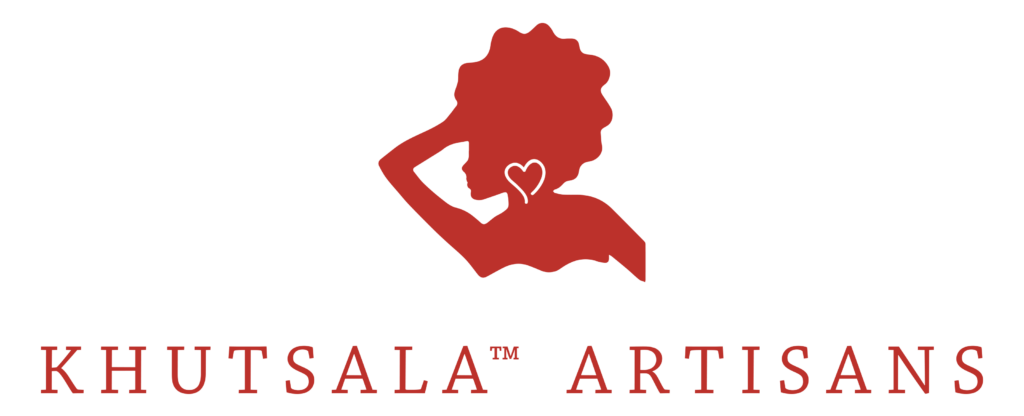
2. Khutsala Artisans
Khutsala Artisans is a Heart for Africa initiative that provides handmade jewelry and decorations straight from Eswatini. All of the artisans who work at Khutsala Artisans are local Swazis, and each of them receives a fair wage for their work.
As a member of Swaziland Fair Trade (SWIFT), Khutsala Artisans is passionate about paying workers a wage that supports them, their families, and their communities. Additionally, SWIFT members like Khutsala Artisans have helped develop 330 new jobs since 2011.
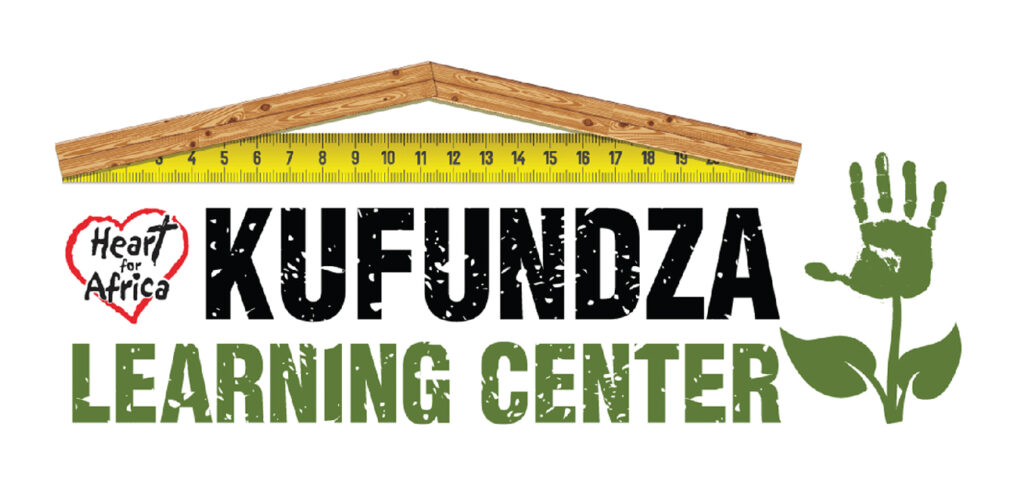
3. Kufundza Center
Kufundza Center is another Heart for Africa initiative. This organization is in charge of creating all of the woodwork that Khutsala Artisans sells. Additionally, Kufundza Center provides the chairs, tables, baby beds, and baby chairs that Heart for Africa needs at its children’s homes.
With a high demand for woodwork, Kufundza Center loves to employ local Swazis to help make the products for Khutsala Artisans and Heart for Africa. And for those who don’t have woodworking experience, Kufundza Center offers Swazis an avenue to get certified as master carpenters.
How to help increase employment
While steps are being taken to employ local Swazis, organizations can’t decrease the unemployment rate in Eswatini alone. They need your help.
If you want to help more Swazis get jobs, the best way to contribute is to support organizations in Eswatini. By buying goods from brands like Khutsala Artisans, you’re uplifting those who are already employed, and you’re creating an opportunity for other Swazis to get jobs.
Employment increases as companies grow. And while business growth isn’t the only solution to reducing unemployment rates in Eswatini, it’s a step in the right direction.
Shop with purpose by browsing products made by local Swazis at Khutsala Artisans.
